Mobiles. Websites. Social media. Gaming. Forums. Apps. There are now more ways for your child to play, learn or stay in touch with friends than ever before. This digital word is a major part of our everyday lives and while it contains dangers, you can help your child to navigate these challenges just as you do in the ‘offline’ world, and can help them make the most of this amazing resource.
The more you’re aware of these dangers and the steps you can take to avoid them, the more you’ll be able to protect your child.
Keeping your child safe from online sexual abuse
In this video, Emma Hardy from Internet Watch Foundation discusses how to help keep your child safe from child sexual abuse online.
The dangers
Technologies make it much easier for abusers to contact their victim directly. Sometimes, they do this by pretending to be someone much younger than they really are.
Without the parents’ knowledge, they may make contact with a child, gain their trust, then start taking advantage of them. For example, they may ask them to send photos of themselves naked or in a state of undress. Once they have those pictures, they can use them to force or blackmail a child into sending or doing more, threatening to share or expose the photos if they don’t do as they’re told. This is very difficult, but there are things parents can do to help prevent it happening.
The 3 R's
A good thing to think about when you’re talking to your child about online safety are the ‘3R’s’:
- Recognise – help them to learn to recognise when something doesn’t seem right. For example, you could talk about when something seems too good to be true, or makes them feel uncomfortable.
- Reject – help them to have the confidence to reject a friend request, or a request for information about them or photos. They don’t have to accept requests just to be polite.
- Report – encourage them to talk to you or another trusted adult if anything seems off.
How to protect your child
There are a number of things you can do to help keep your child safer online.
- Parental controls help to manage the type of content they see, who they can interact with and when they can go online. Our page on setting parental controls has more information about this.
- Setting parental controls is a good way of helping to protect your child, but it’s also really important that you talk to your child honestly about the dangers of the online world. Our page on talking to your child about online safety has tips about how you can do this in an age-appropriate way.
- Being curious about bodily changes, relationships and sex is all part of growing up. It’s natural that your child might look for answers and reassurance online. Help them to know which sites offer safe and trusted advice, like Childline. Try to encourage your child to talk to you or another trusted adult if they’re ever upset by anything they see or are in doubt of something that someone is asking them to say or do online.
- Exploring the internet is a great way for children and young people to learn and develop. But it’s important to set boundaries with them about how they use their devices. For example, you could agree with them how long they will spend online, which sites or apps they will use, and who they will meet – just as you would in the ‘offline’ world. Our page on setting boundaries has lots more advice and information on this.
- If you spot any of the signs of child sexual abuse, or are concerned that your child is in danger, this isn’t something that can or should be dealt with by parents alone. Our page on getting support has advice on what to do next.
Talk about the issues together
You may feel awkward or uncomfortable talking about the risks of sexual exploitation with your child. To get started, you could both explore some of the websites offering advice to children on how to stay safe, like CEOP Education and Childline.
 Activities & Play
Activities & Play Behaviour
Behaviour Childcare
Childcare Development & Growing Up
Development & Growing Up Family, Friends & Relationships
Family, Friends & Relationships Feeding Your Baby
Feeding Your Baby Food & Eating
Food & Eating Health & Safety
Health & Safety Mental Health & Wellbeing
Mental Health & Wellbeing Money & Work
Money & Work Online Behaviour & Safety
Online Behaviour & Safety Pregnancy & First Days
Pregnancy & First Days School & Education
School & Education Sleep
Sleep

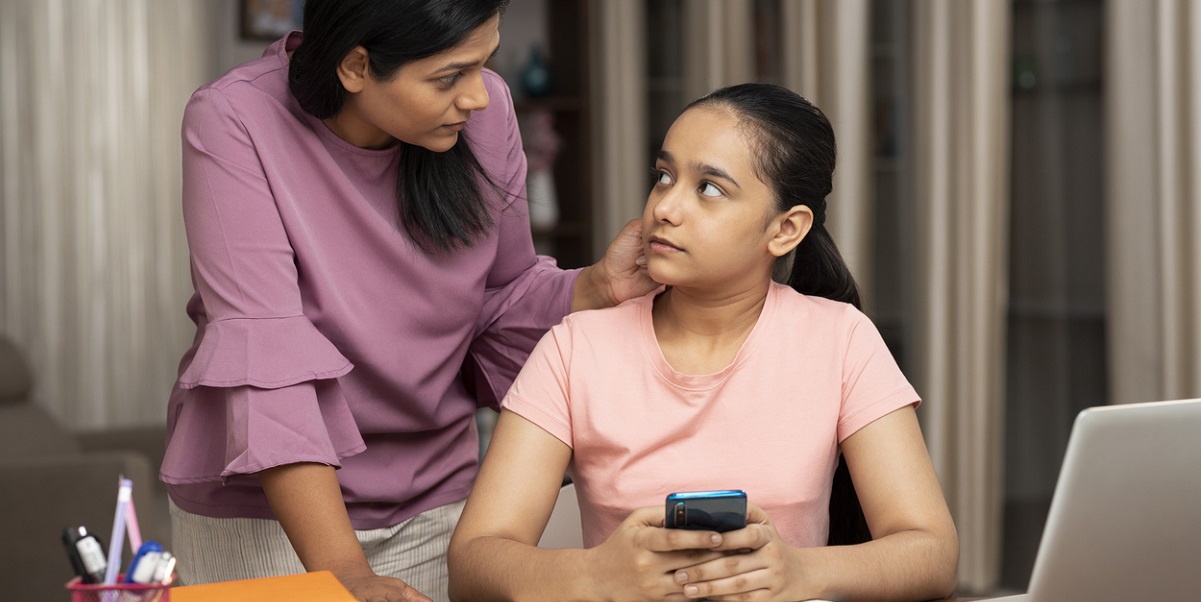
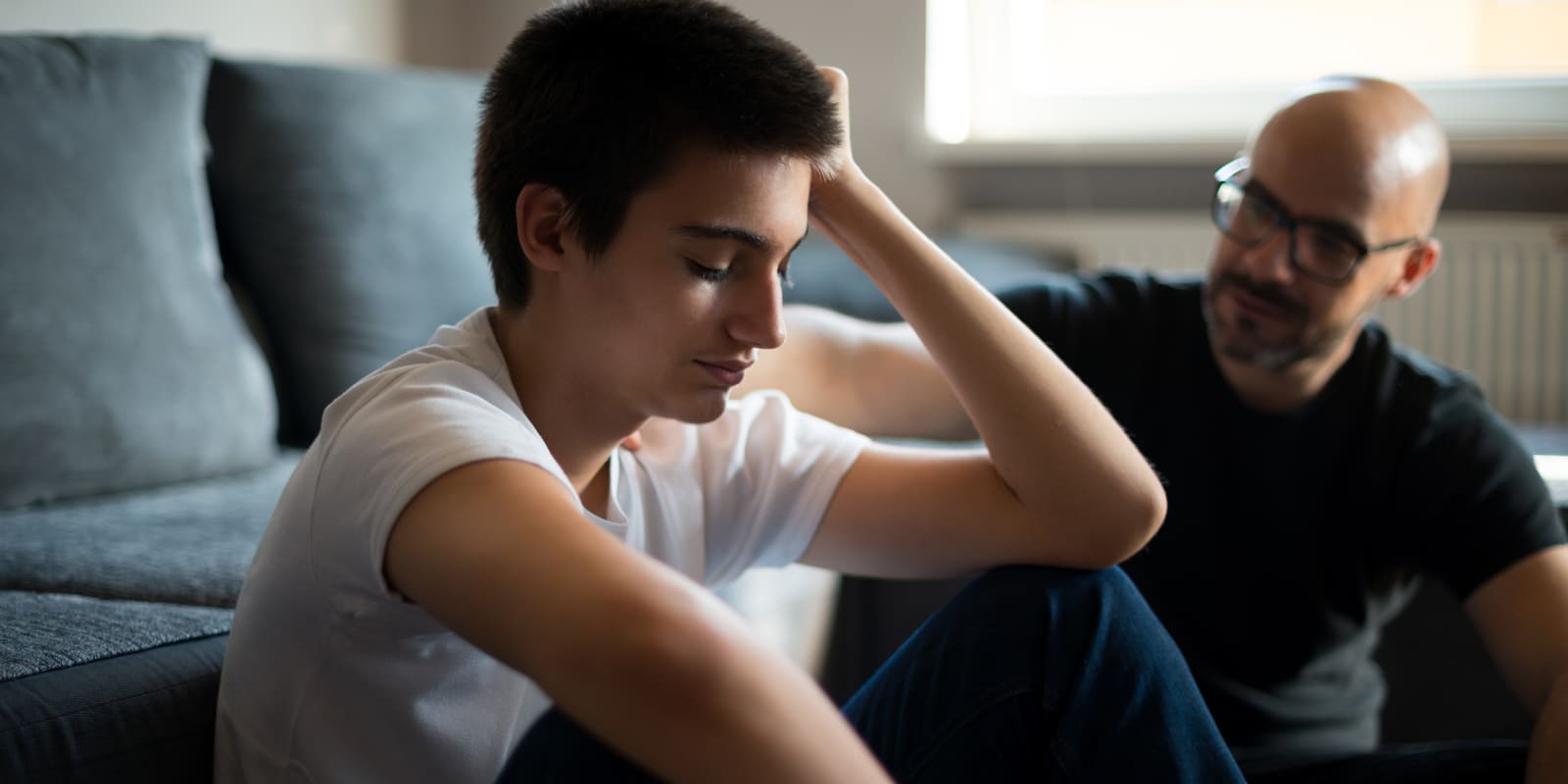
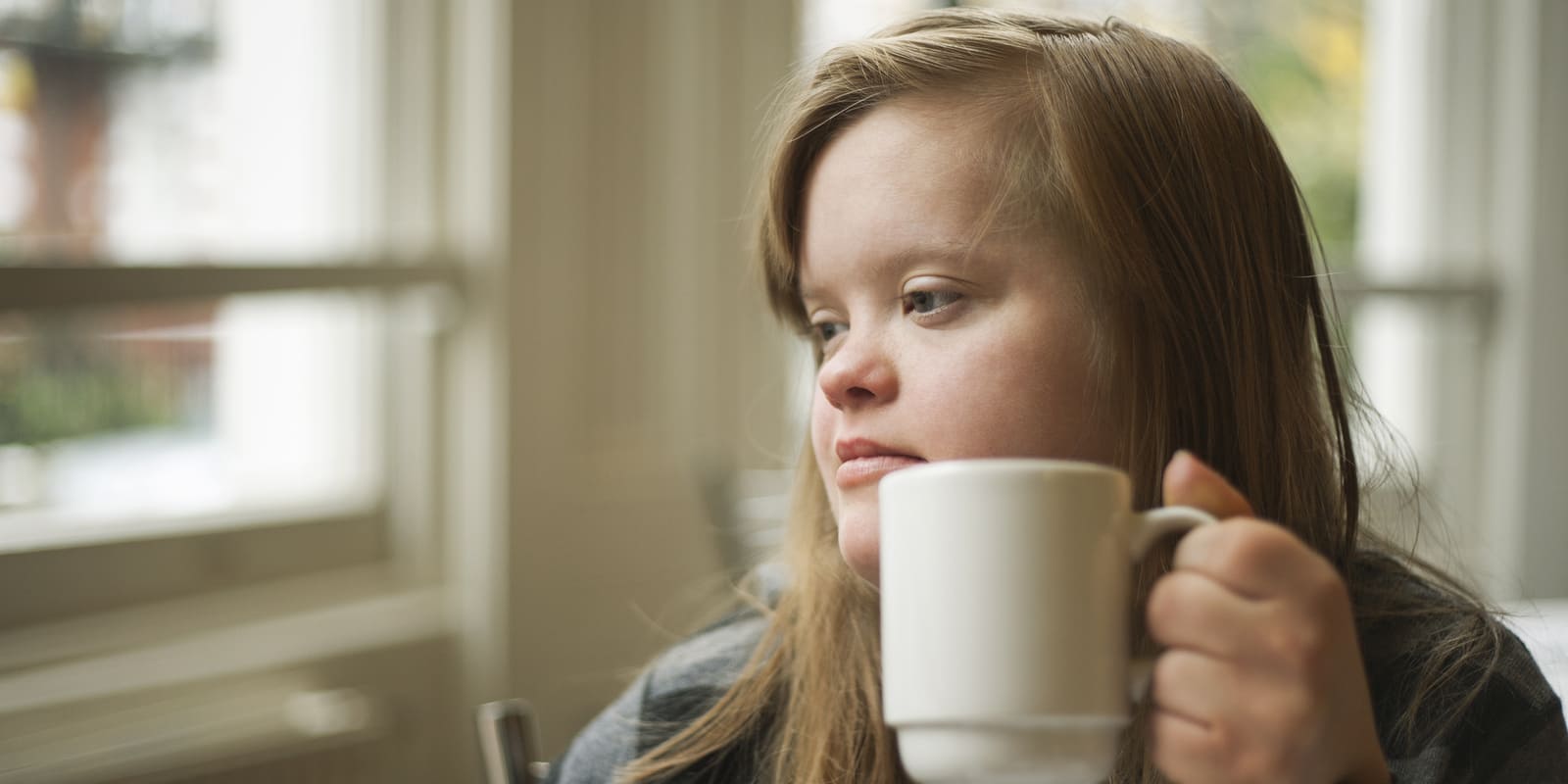
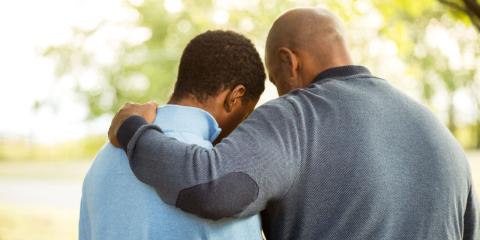
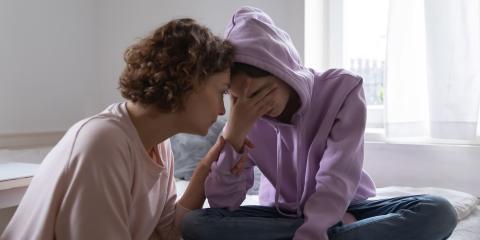
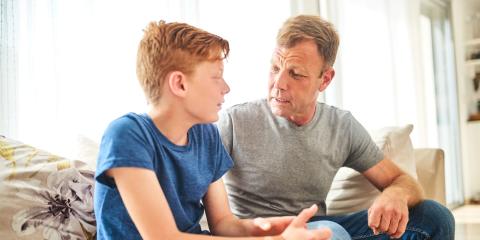


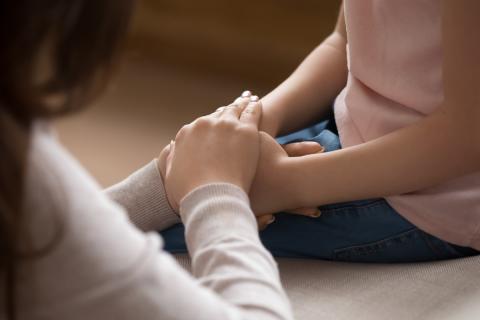
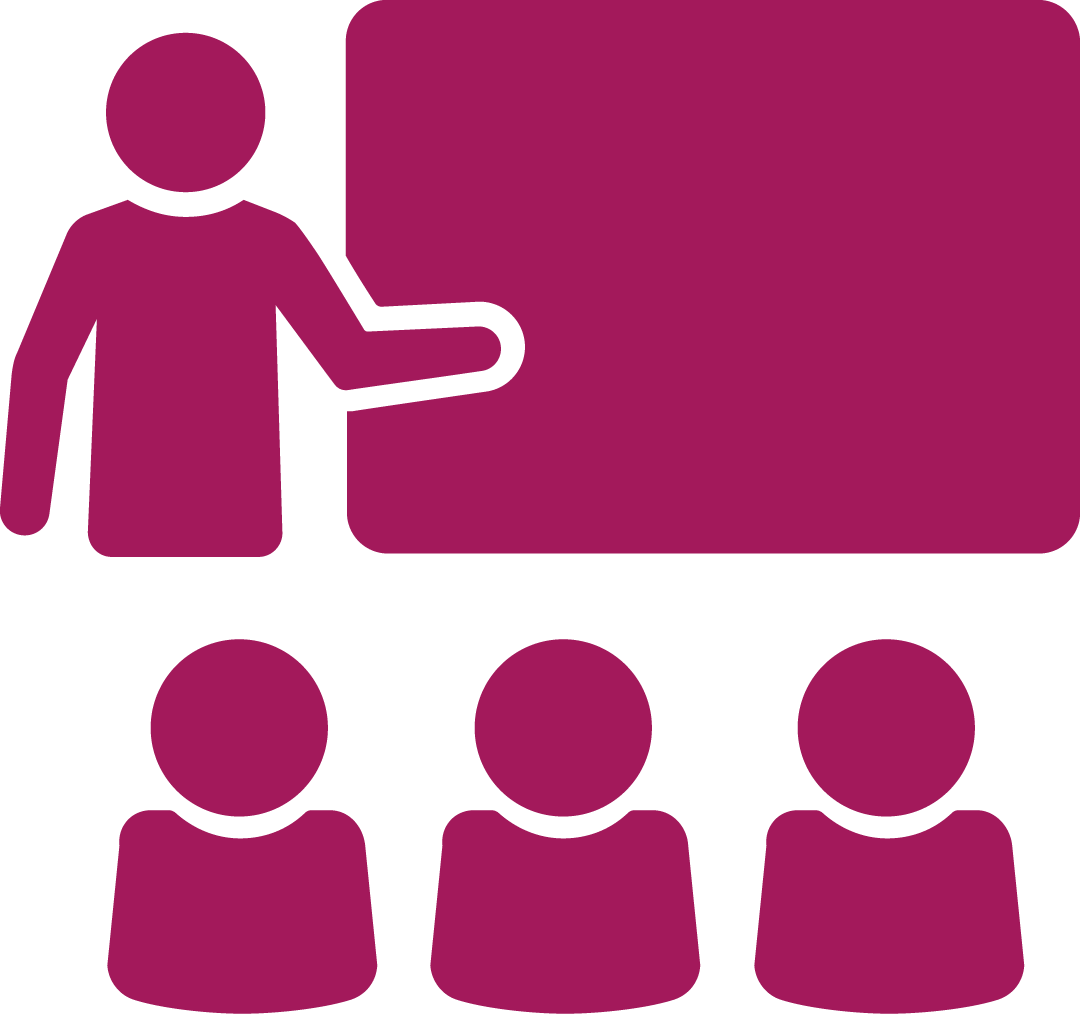 School & Education
School & Education
 Mental Health & Wellbeing
Mental Health & Wellbeing